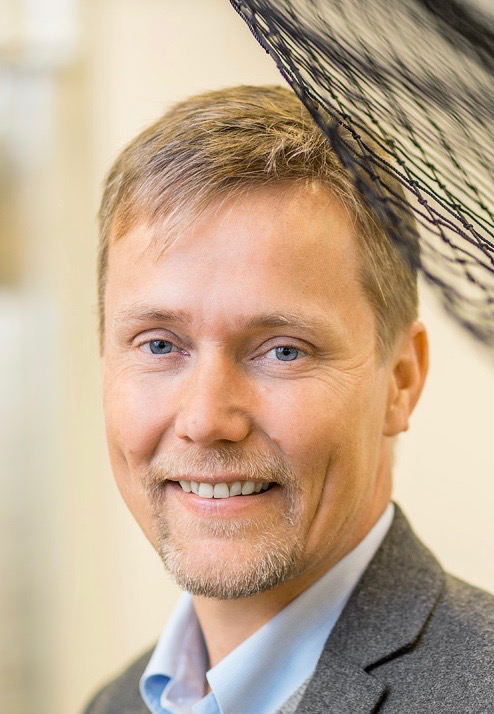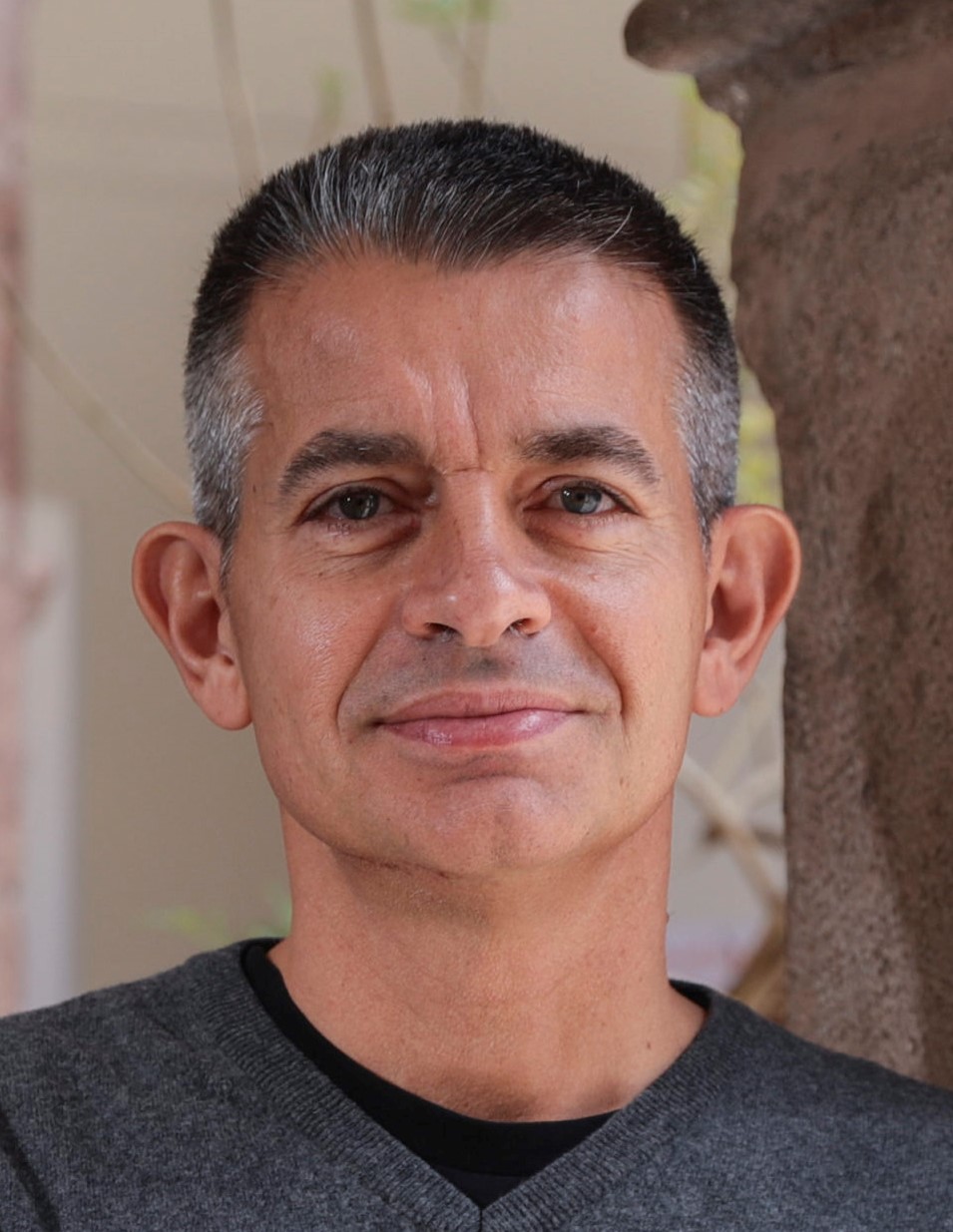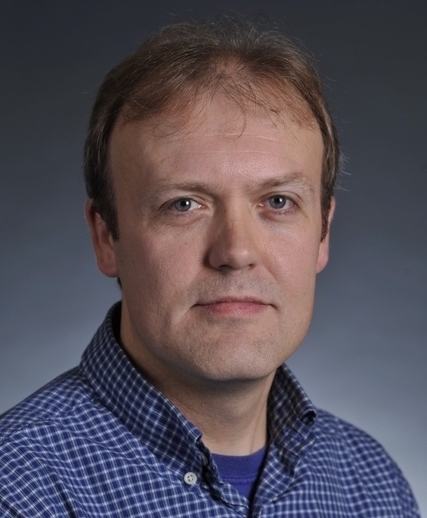Keynote Speakers
Wednesday, May 4th
Cyber-Physical Traffic Control using Automated Vehicles: Distributed Sensing, Actuation, and Learning
Speaker: Karl H. Johansson, KTH Royal Institute of Technology (Sweden)
 Bio: Karl H. Johansson is Professor with the School of Electrical Engineering and Computer Science at KTH Royal Institute of Technology in Sweden and Director of Digital Futures.
He received MSc degree in Electrical Engineering and PhD in Automatic Control from Lund University.
He has held visiting positions at UC Berkeley, Caltech, NTU, HKUST Institute of Advanced Studies, and NTNU.
His research interests are in networked control systems and cyber-physical systems with applications in transportation, energy, and automation networks; areas in which he has co-authored more than 800 journal and conference papers and holds 6 patents.
He is President of the European Control Association and member of the IFAC Council, and has served on the IEEE Control Systems Society Board of Governors and the Swedish Scientific Council for Natural Sciences and Engineering Sciences.
He has received several best paper awards and other distinctions from IEEE, IFAC, and ACM.
He has been awarded Swedish Research Council Distinguished Professor, Wallenberg Scholar with the Knut and Alice Wallenberg Foundation, Future Research Leader Award from the Swedish Foundation for Strategic Research, the triennial IFAC Young Author Prize, and IEEE Control Systems Society Distinguished Lecturer.
He is Fellow of the IEEE and the Royal Swedish Academy of Engineering Sciences.
Bio: Karl H. Johansson is Professor with the School of Electrical Engineering and Computer Science at KTH Royal Institute of Technology in Sweden and Director of Digital Futures.
He received MSc degree in Electrical Engineering and PhD in Automatic Control from Lund University.
He has held visiting positions at UC Berkeley, Caltech, NTU, HKUST Institute of Advanced Studies, and NTNU.
His research interests are in networked control systems and cyber-physical systems with applications in transportation, energy, and automation networks; areas in which he has co-authored more than 800 journal and conference papers and holds 6 patents.
He is President of the European Control Association and member of the IFAC Council, and has served on the IEEE Control Systems Society Board of Governors and the Swedish Scientific Council for Natural Sciences and Engineering Sciences.
He has received several best paper awards and other distinctions from IEEE, IFAC, and ACM.
He has been awarded Swedish Research Council Distinguished Professor, Wallenberg Scholar with the Knut and Alice Wallenberg Foundation, Future Research Leader Award from the Swedish Foundation for Strategic Research, the triennial IFAC Young Author Prize, and IEEE Control Systems Society Distinguished Lecturer.
He is Fellow of the IEEE and the Royal Swedish Academy of Engineering Sciences.
Abstract: While the long-term benefits of introducing connected and automated vehicles into road traffic are widely understood to be revolutionary, there is much debate about whether its early stages will cause an increase in congestion and issues related to human-driven vehicles. Notwithstanding, connected vehicles acting as mobile sensors and actuators could enable traffic predictions and control at a scale never before possible, and thereby a much more efficient use of the available road infrastructure. In this talk, we will present how a new freight transport technology based on automated truck platoons can be the backbone for such a system. Some basic theoretical and experimental results on the control and coordination of truck platoons will be presented. How such platoons influence traffic flows by acting as a moving bottleneck will be discussed together with traffic models suitable for designing novel traffic control systems. It will also be argued that these models are possible to learn automatically in closed loop from data gathered by platoons acting as traffic flow sensors. Experiments show that relatively few connected vehicles are enough to mitigate stop-and-go waves and improve traffic conditions significantly. The presentation is based on joint work with several past and current PhD students and postdocs, as well as other academic and industrial collaborators.
Thursday, May 5th
Extreme Energy Efficiency for Extreme Edge AI: an Open Platform Perspective
Speaker: Luca Benini, ETH Zürich (The Switzerland) and Università di Bologna (Italy)
 Bio: Luca Benini holds the chair of digital Circuits and systems at ETHZ and is Full Professor at the Universita di Bologna.
Dr. Benini's research interests are in energy-efficient parallel computing systems, smart sensing micro-systems and machine learning hardware. He a Fellow of the IEEE, of the ACM and a member of the Academia Europaea.
He received various awards, including the IEEE CAS Mac Van Valkenburg award (2016) and the ACM/IEEE A. Richard Newton Award (2020).
Bio: Luca Benini holds the chair of digital Circuits and systems at ETHZ and is Full Professor at the Universita di Bologna.
Dr. Benini's research interests are in energy-efficient parallel computing systems, smart sensing micro-systems and machine learning hardware. He a Fellow of the IEEE, of the ACM and a member of the Academia Europaea.
He received various awards, including the IEEE CAS Mac Van Valkenburg award (2016) and the ACM/IEEE A. Richard Newton Award (2020).
Abstract: The "pervasive AI" mega-trend in IoT and CPS applications is pushing machine learning (ML) toward "TinyML" at the extreme edge, with mW power budgets. At the same time the bar is raising in terms of accuracy and capabilities. To succeed in this balancing act, we need a principled hardware and software design approach to walk the line between flexible and highly specialized TinyML acceleration architectures. In this talk I will detail on how to walk the line, drawing from the experience of the open PULP (Parallel Ultra-Low Power) platform, based on ML-enhanced RISC-V processors coupled with domain-specific acceleration engines.
Friday, May 6th
A Software and Hardware Architecture for Next-Generation Automotive Systems
Speaker: Rich West, Boston University (USA) and Drako Motors Inc. (USA)
 Bio: Rich West is currently the Chief Software Architect at Drako Motors, working on the development of DriveOS for next generation vehicles.
DriveOS consolidates vehicle functions on a centralized computing platform, by integrating real-time and safety critical services with non-critical software using a state-of-the-art partitioning hypervisor.
Rich is also a Professor in the Computer Science Department at Boston University, where he works with his research team on real-time and embedded operating systems.
His work addresses issues concerning safety, predictability and resource management.
He has an MS and PhD in Computer Science from the Georgia Institute of Technology, USA, and an MEng in Microelectronics and Software Engineering from the University of Newcastle-upon-Tyne, UK.
Bio: Rich West is currently the Chief Software Architect at Drako Motors, working on the development of DriveOS for next generation vehicles.
DriveOS consolidates vehicle functions on a centralized computing platform, by integrating real-time and safety critical services with non-critical software using a state-of-the-art partitioning hypervisor.
Rich is also a Professor in the Computer Science Department at Boston University, where he works with his research team on real-time and embedded operating systems.
His work addresses issues concerning safety, predictability and resource management.
He has an MS and PhD in Computer Science from the Georgia Institute of Technology, USA, and an MEng in Microelectronics and Software Engineering from the University of Newcastle-upon-Tyne, UK.
Abstract: Modern automotive systems feature dozens of electronic control units for chassis, body and powertrain functions. These systems are costly and inflexible to upgrade, requiring ever increasing numbers of electronic components to support new features such as advanced driver assistance systems, autonomous technologies, and infotainment. This talk discusses an alternative hardware and software architecture, to counter the rising costs and limitations of current automotive systems. I will describe some of the challenges and solutions from experiences with building DriveOS in the context of next-generation electric vehicles. DriveOS is currently being tested in the Drako Motors GTE high-performance electric car.
